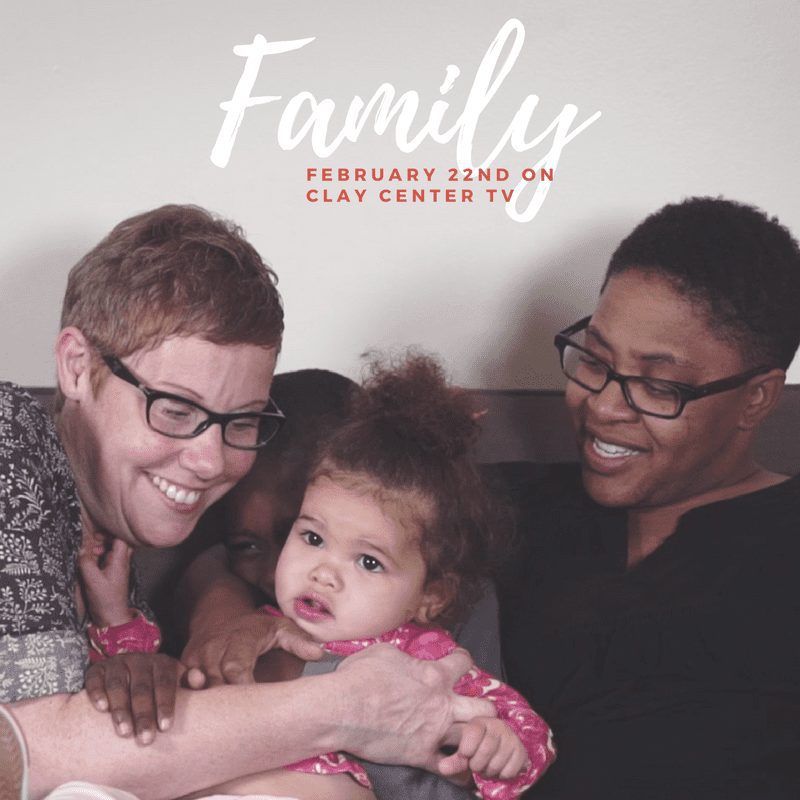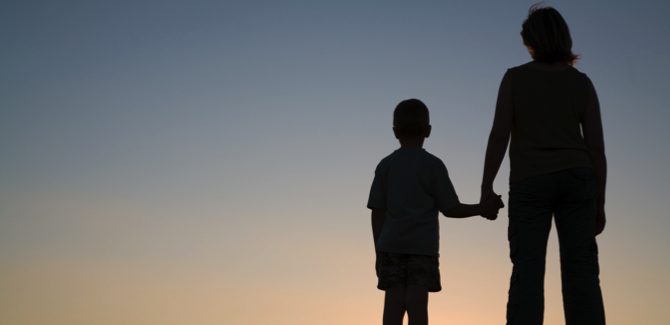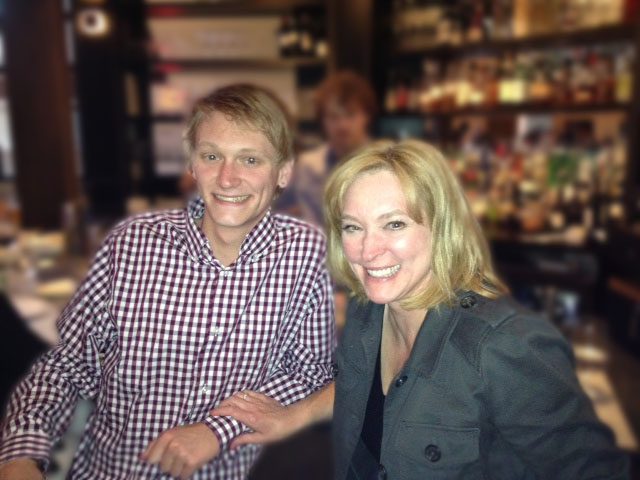Greatest Strength: Challenges Met With Courage
Posted in: Multimedia, Videos
Topics: Child + Adolescent Development
This blog post is part of a series entitled Real Lives, Real Stories.
The following family accounts of their personal experiences have been published with their consent, to support the mission of The Clay Center for Young Healthy Minds, and let others in similar situations not feel so alone.
Introduction
Gene Beresin, M.D.
We all have challenges. We all have differences. And we all have strengths. It’s the nature of being human. However, some kids have greater challenges than others.
Our latest short film, Greatest Strength: Challenges Met with Courage, shares the stories of five incredible young people as they showcase their greatest strengths—strength that is not held back by differences in mobility, hearing, sight, brain response, or learning.
In addition to the film, parents of these young individuals offered their experiences raising youth with physical differences or disabilities. Each family has unique advice to share, but a common theme resonates: they have not treated their children as people with “problems,” but as people with their own strengths and weaknesses, as is true for us all.
We at the Clay Center want to emphasize that everyone is a special individual. Our own limitations should not prevent us from feeling positive about ourselves. We therefore need to understand our assets and our limitations. When we accept our challenges then we can not only meet them head on, but embrace them as a part of us that, often times, makes us stronger.
In the end, our greatest strength, collectively, is to accept, support, and engage with each other, no matter our differences. We truly appreciate the stories of the parents of the young people in our film. They have much to teach us all.
What is the most important piece of advice you would give another parent about raising your child?
Leah, Mother of Mira
My husband and I are hearing parents raising three children. Our oldest daughter, now 14, was born deaf and has cochlear implants. The strength and courage she shows me every day is ever changing as she grows, develops, and enters each stage of her life. I am constantly reminding myself, every child is “different” and has strengths sometimes only apparent to those looking in. As a parent, we are here to help guide them. We are here to help them build on their strengths and conquer their weaknesses.
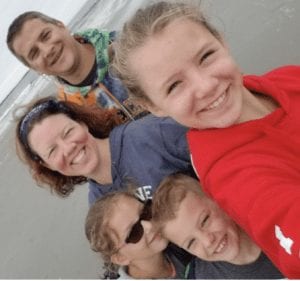
Mira with her family
When we were told at birth our daughter was deaf, the journey ahead was overwhelming but we pushed through knowing the decisions we made along the way, for our daughter and our family, were the right ones. We encountered strong, helpful, and advocating individuals that guided us through each step and choice we chose to follow. Our close circle included continued family support and multiple Teachers of the Deaf, Audiologists, and Speech Therapists who specialized their training to work with deaf children that have hearing aids and cochlear implants. Having a team and inner circle of family of friends who understand and listen with empathy, advice, opinions, and support gives us the strength to continue each day.
The journey is long, but the outcome can never be expressed through words. My daughter is deaf. However, through technology we have given her the gift to access sound, when she chooses. We are blessed as a family, and continue to learn every day more about life and appreciating what is right in front of our eyes.
Chris, Father of Madeleine
Allow your child to be a child.
We continue raising our daughter to be an independent person, and we treat her like an able-bodied child. We allow her to try all activities, sports, academics, and we never limit her. If she enjoys a sport or activity, then we encourage her to continue.
She is growing up to be an independent, responsible young lady that doesn’t let anything stop her. As she always says, the only limit is the limit you put on yourself.
Kathy, Mother of Sarah
The best advice we received when Sarah was born was to treat her with the same expectations as we did our other three children. We took that advice to heart, and we now share it with other parents who want the best for their child living with a disability.
Because we had the same expectations for all aspects of how she behaved, how she learned, and how she handled her responsibilities, Sarah has grown into the capable person she is today. We held that bar high and Sarah developed the work ethic and perseverance to achieve many things in her life. And she has done it all with a contagious smile, witty personality, and fun sense of humor.
Along the way, there have been great moments and there have been challenging moments. For us, it is important to both celebrate her successes, and be patient when she struggles to master things that are difficult for her. We have always expected her to learn the “correct” way to do things, rather than hurry to modify a task to make it easier for her. Believing the process is far more important than the end result, we expected her to be a student as all other children are—having the behavior, study habits, and accountability that create successful students. Additionally, natural consequences helped Sarah develop good friendships with all children. She learned that if she is nice and friendly to others, they will like her. If she isn’t, they won’t be her friends. The confidence Sarah has in school, sports, friendships, and other aspects of life is a result of doing things herself and knowing that it was her best effort.
The hardest thing for me, personally, is to be open to the way Sarah learns things. She thinks and learns differently, so the strategies that work for my other children or for myself won’t necessarily work for her. Giving her time to figure something out or to complete a task is typically harder for the adult supervising than it is for Sarah. It is also hard to watch others focus more on her disability than on her as a person. Those who know Sarah don’t even see her disability—they just see a middle-school girl who is living the dream, just like anyone else her age.
Enjoy the journey – it can be absolutely wonderful and enrich your life as you never expected!
Was this post helpful?
Newsletter
Subscribe Today
Your monthly dose of the latest mental health tips and advice from the expert team at The Clay Center.
SubscribeMultimedia
Quick Jumps
Tag Cloud
-
addiction
ADHD
adolescents
anorexia
anxiety
autism
behavior
CBT
child development
children
college
communication
covid-19
depression
digital media
dyslexia
eating disorder
evaluation
family
fear
healthy development
learning
learning disabilities
learning disability
mental health
mental illness
parenting
parents
Podcast
PTSD
relationships
resilience
school
shrinking it down
social media
stigma
stress
suicide
technology
teenagers
teens
therapy
trauma
treatment
violence

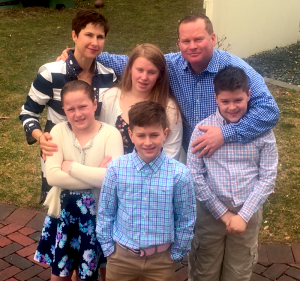
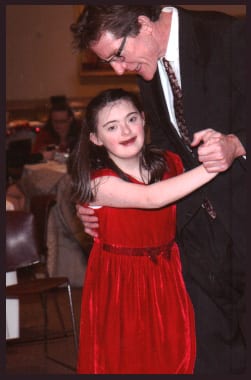
 Share
Share Tweet
Tweet
